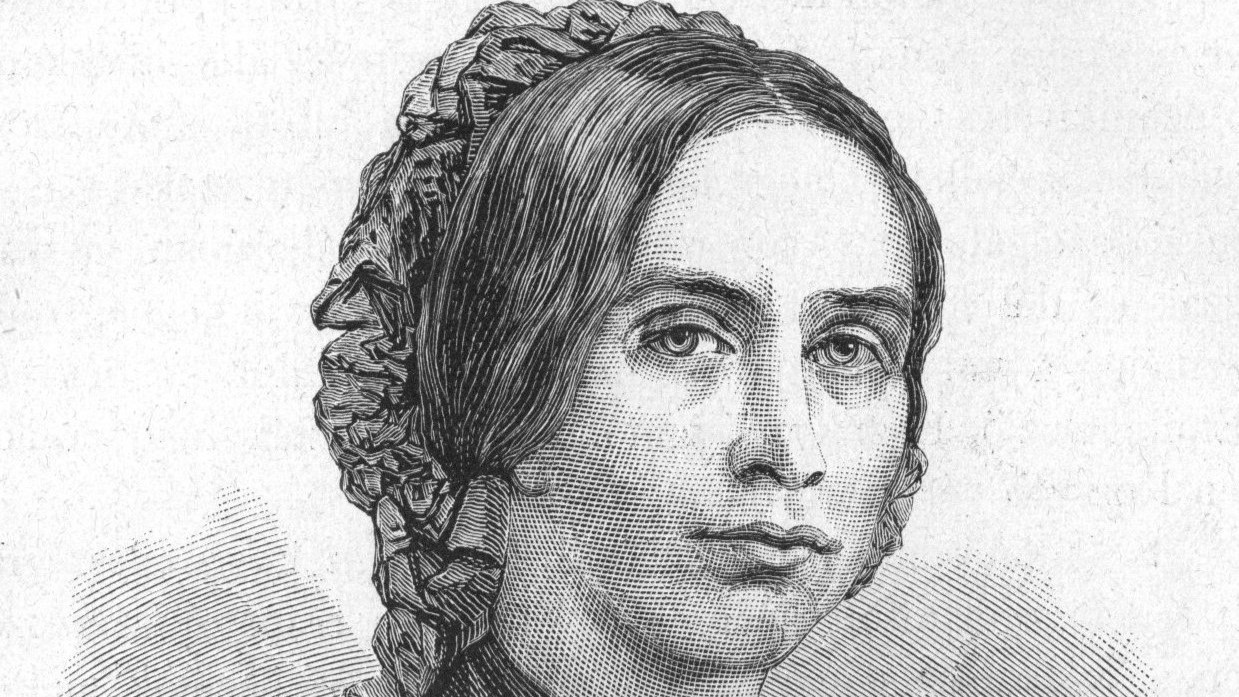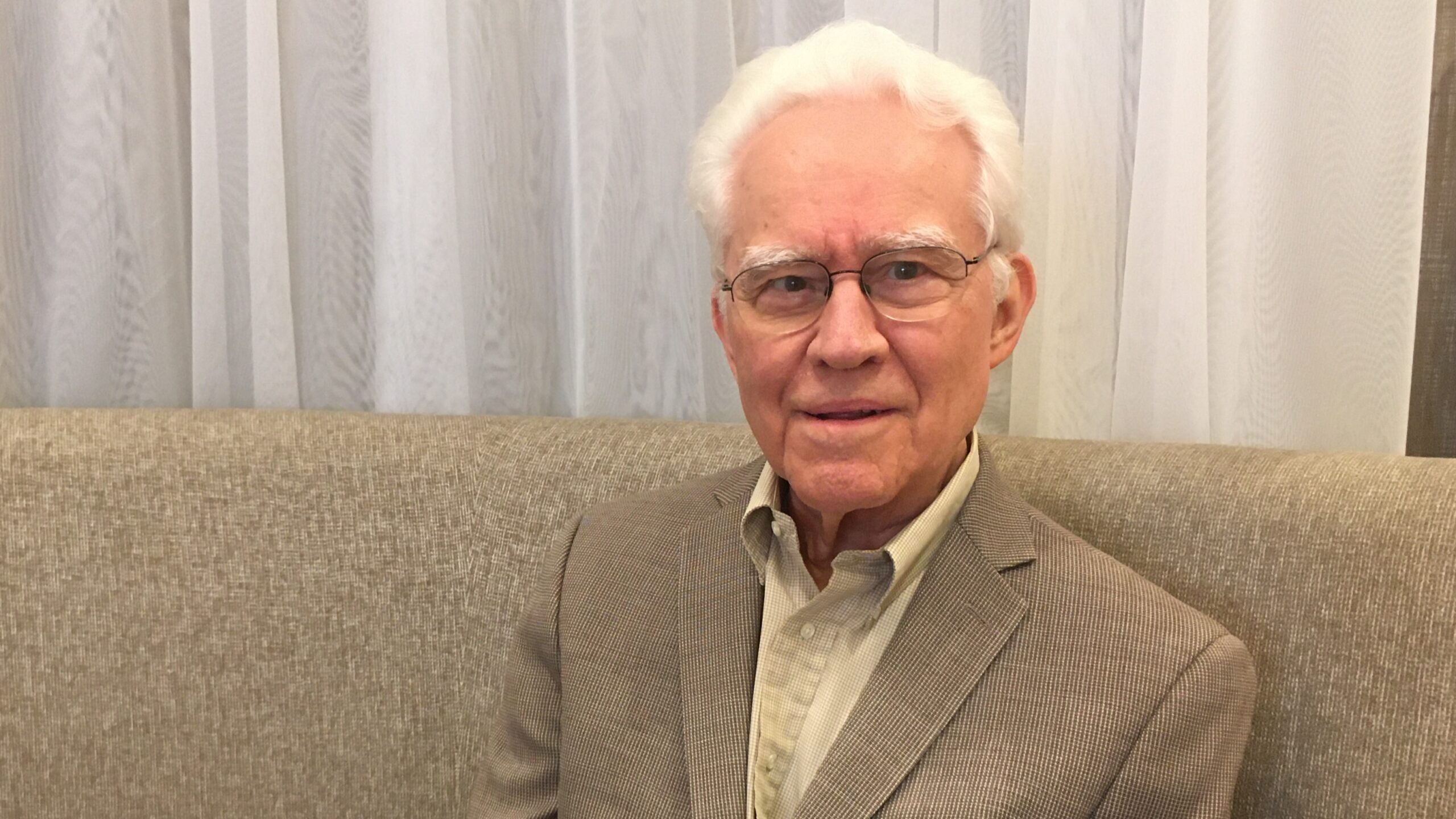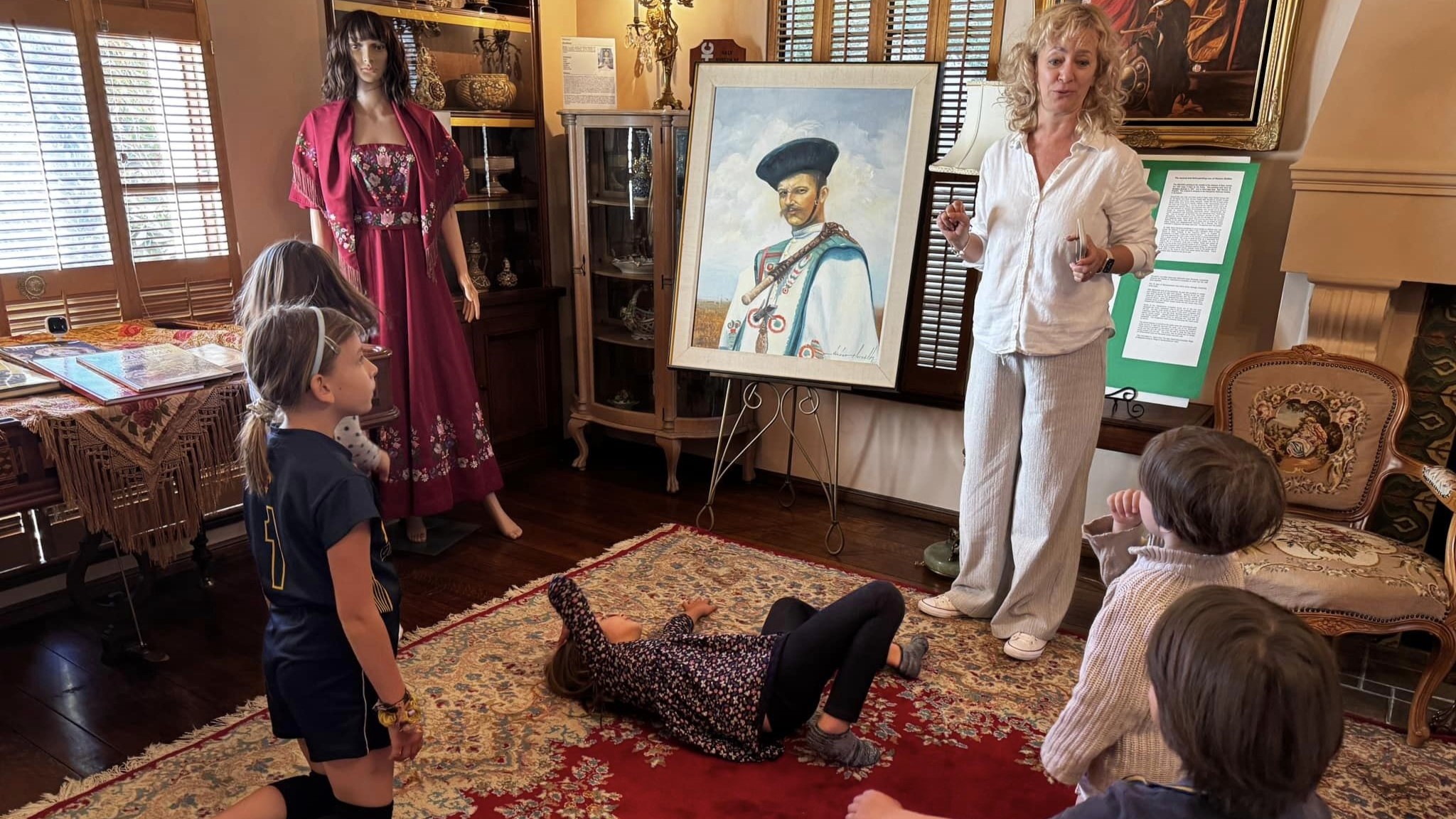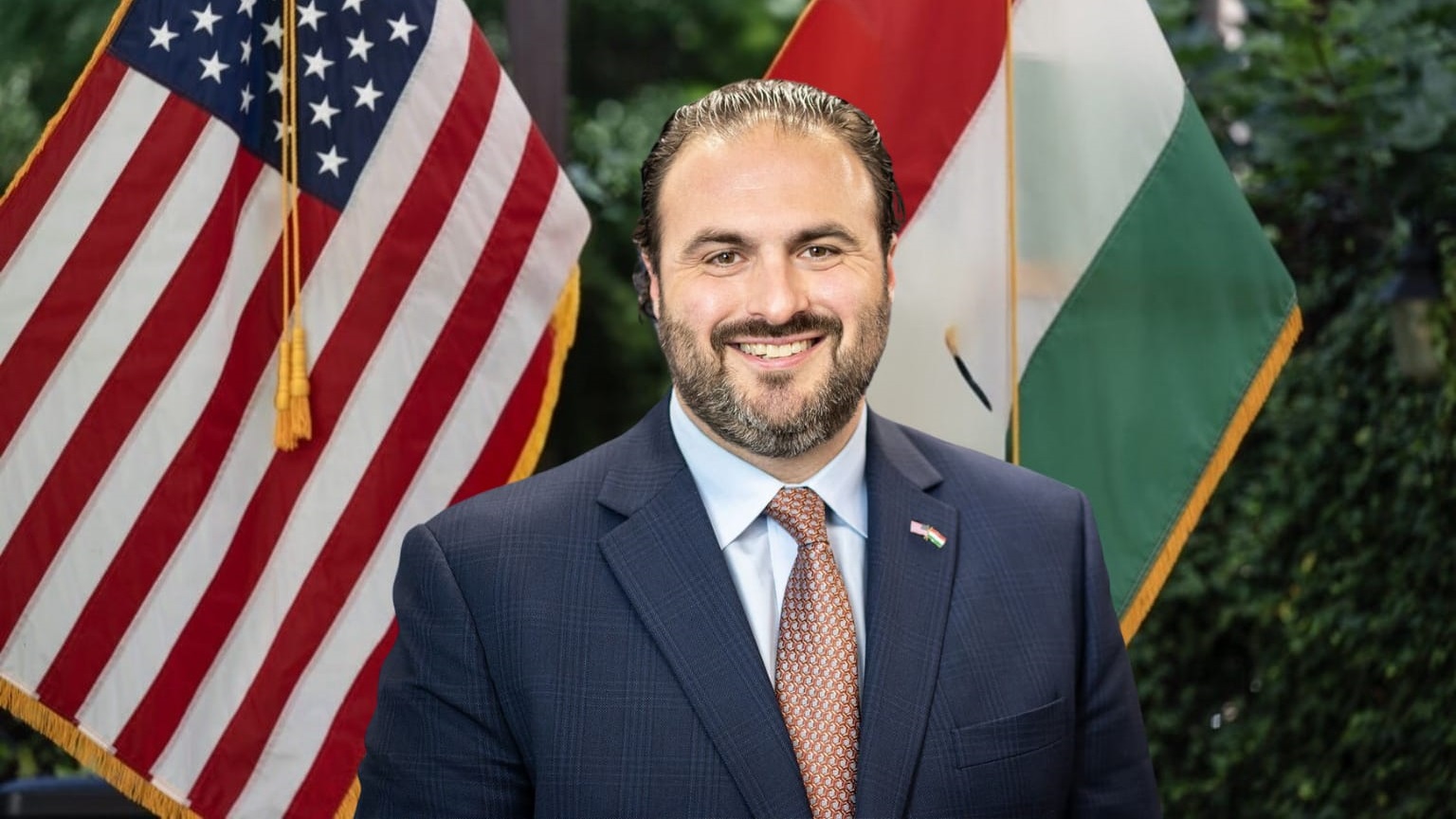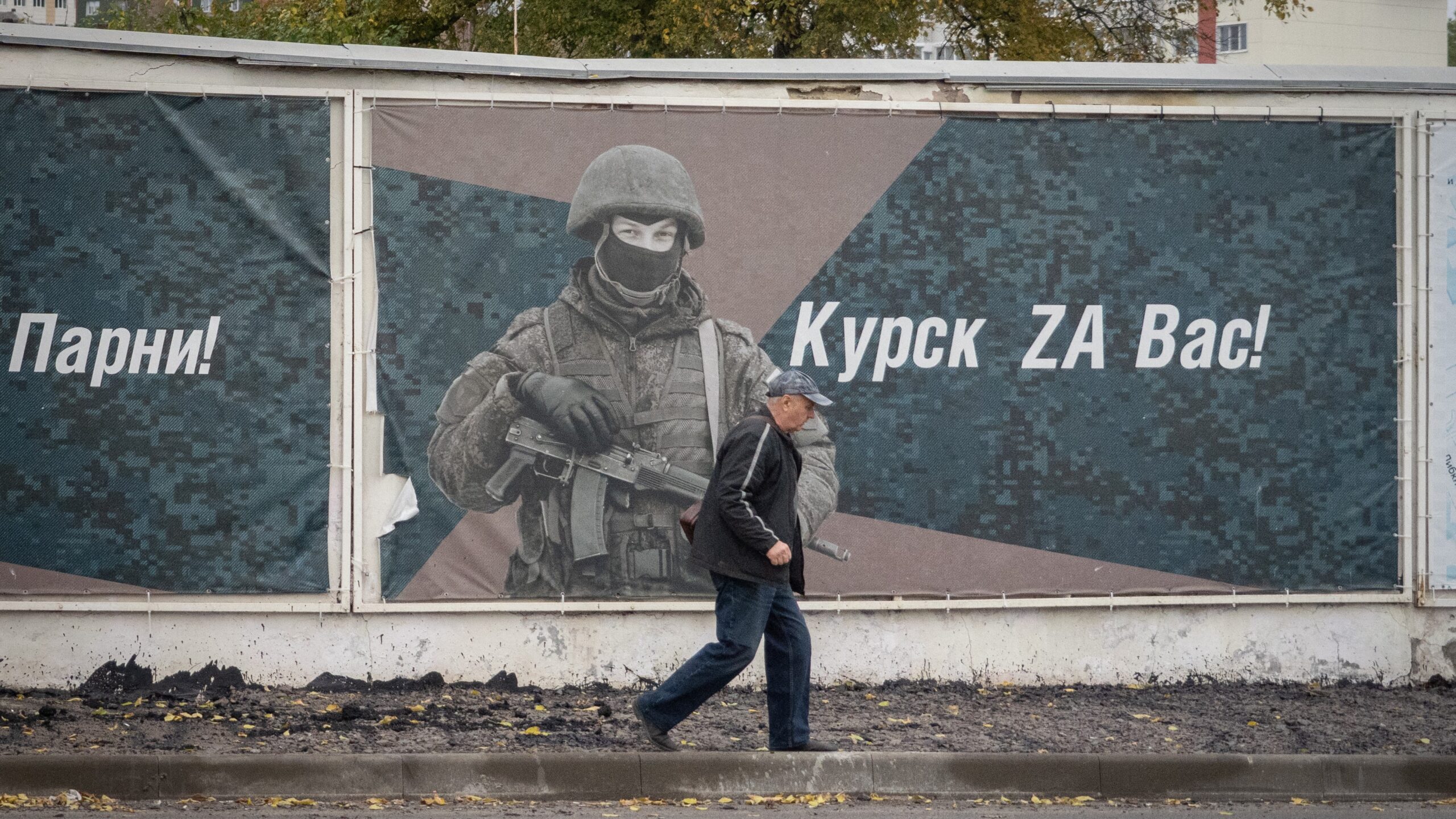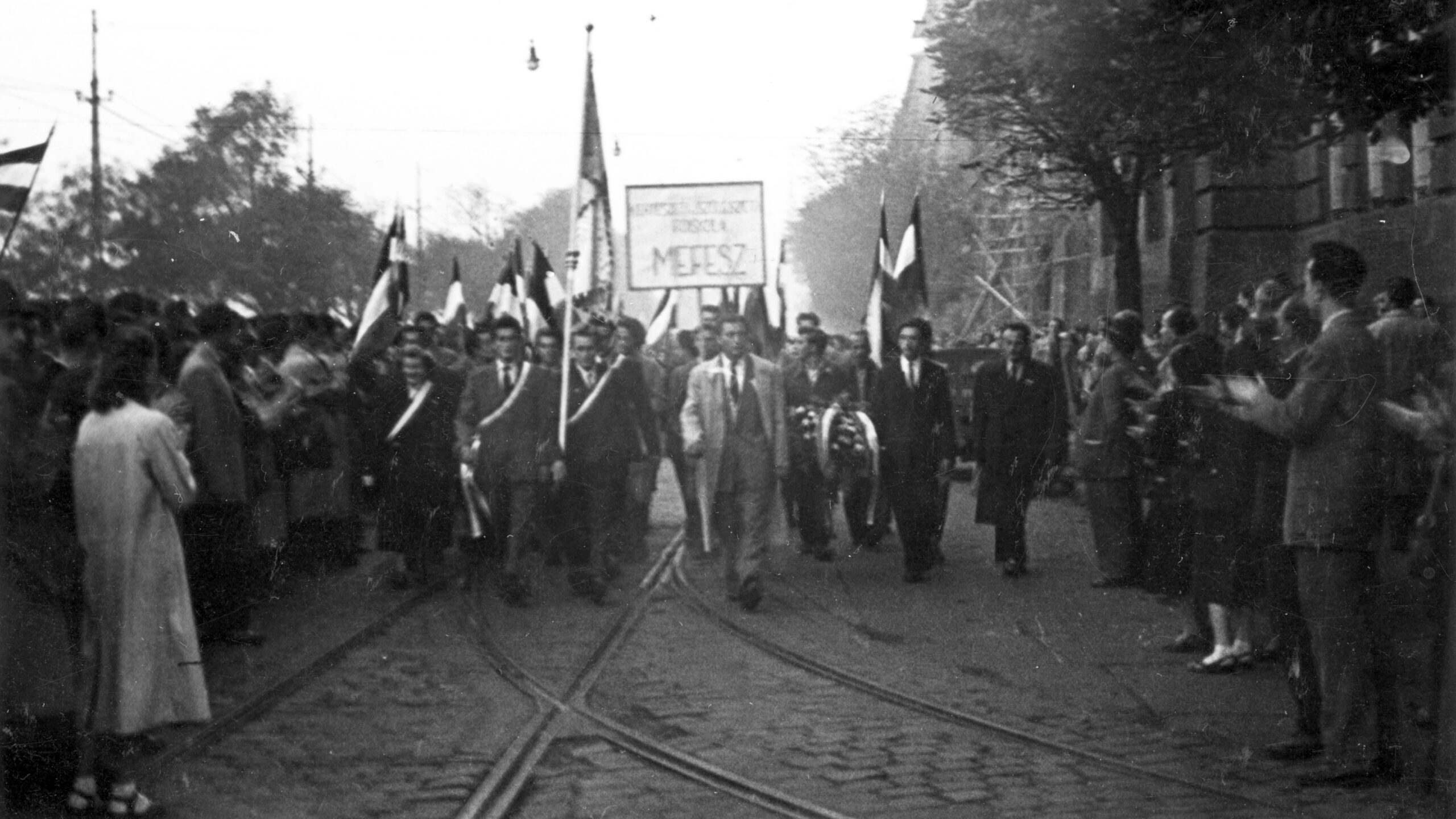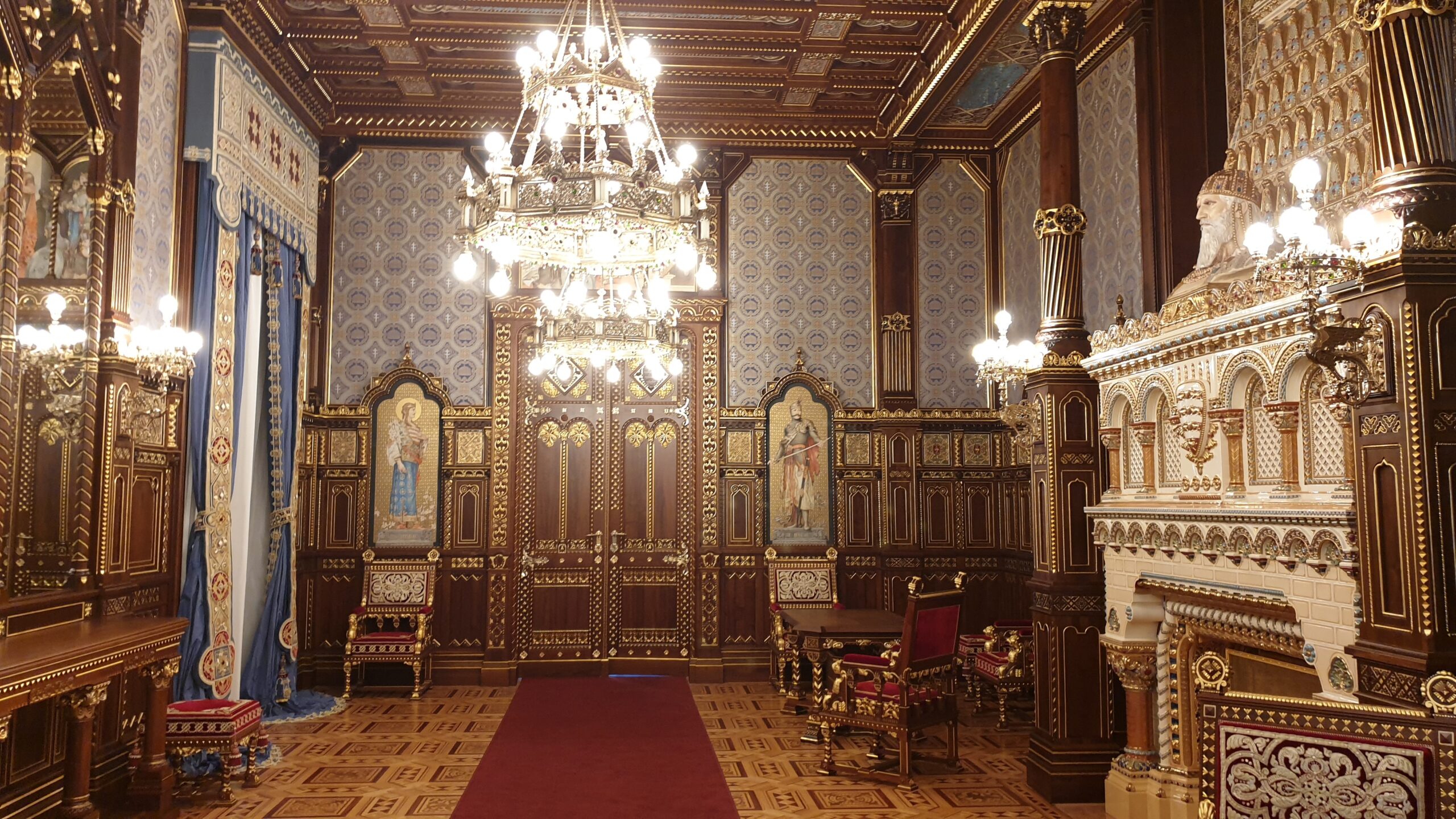
Rebirth of the Castle: The National Hauszmann Programme and the Aesthetics of Tradition
‘In few countries was the period of 19th century national revival more productive than post-Compromise Hungary, where the national-cultural revival was accompanied by a period of economic prosperity and renewed political prominence. And, within Hungary, no other building complex captures the spirit of this era, and its intertwining of the aesthetic, the historical, and the political, as the Buda Castle.’

